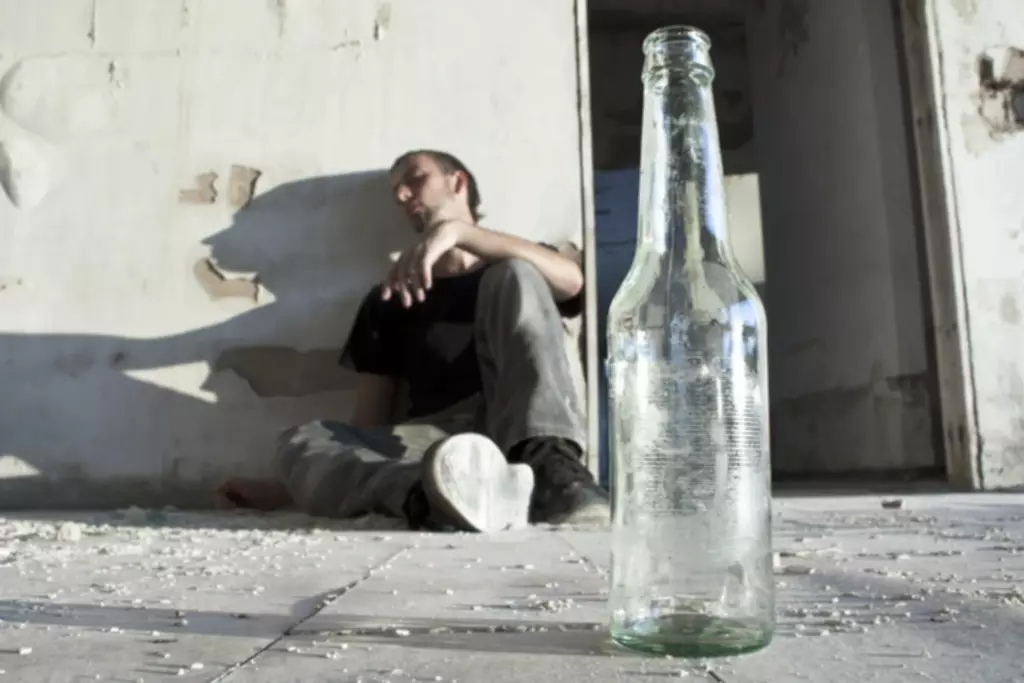To get started and learn about your treatment options, take our free online assessment, to see if Talkiatry is right for you and get matched with a psychiatrist. Panic attacks may come on suddenly and without warning at first, but over time, they’re usually triggered by certain situations. However, you can make lifestyle changes to help you reduce your anxiety as well as learn to cope with it. If you are concerned that you or someone you care about has a problem with alcohol there is a lot of help available. Here you can find useful links and phone numbers to get the support you need. Anxiety can become a health problem if it affects your ability to live your life as fully as you want to.

What is the Role of a Psychiatrist in Addiction Treatment?
Klonopin: Dosage, side effects, how it works, and more – Medical News Today
Klonopin: Dosage, side effects, how it works, and more.
Posted: Fri, 27 Aug 2021 21:03:46 GMT [source]
Alcohol doesn’t directly cause panic attacks, in the sense that those with panic disorder suffer from panic attacks with or without alcohol. There are several reasons for this, which will be discussed below; but the key thing to remember is that those with panic attacks suffer from an issue known as hypersensitivity. That’s where the real problem comes in, and that’s why those that want to quit drinking also need to start looking at how to regain those coping skills that they’ve lost.
- Alcohol may be a temporary, unhealthy way to relieve anxiety and forget about your underlying stressors; however, using alcohol does not erase these underlying triggers.
- But once you start drinking, you can build a tolerance to the de-stressing effects of alcohol.
- Your physician may also inquire about your substance use habits, and it is important to be honest.
- For instance, someone who has tried to stop drinking but couldn’t might have an AUD.
Why Do I Get Super Anxious the Day After Drinking?
- If a person experiences alcohol withdrawal symptoms, it can create a cycle of heightened anxiety and increased alcohol misuse.
- Some people may find that certain sights and sounds intensify panic attacks.
- Therapy can teach you strategies to manage triggering events and prevent attacks during the day.
This can explain the anxiety you can feel the morning after drinking alcohol. If you already have an anxiety or panic disorder, you may be more likely to experience these symptoms after drinking alcohol. But alcohol can also trigger anxiety even if you don’t have an existing mental health issue. However, the analysis also showed virtually no relationship between risk for alcohol dependence and the unique components of those diagnoses. These findings are inconsistent with the idea that each anxiety disorder has a unique association with the risk for alcohol misuse. Instead, the results suggest that all anxiety and mood disorders contribute to general negative emotionality, which, in turn, correlates with the risk for alcohol dependence.
How to Manage Anxiety Symptoms After Quitting Drinking Alcohol
It’s essential to seek appropriate treatment if you are experiencing either type of attack. If you find a connection between drinking alcohol and feeling anxious you can take steps to reduce the amount you drink. Aim to drink less than the recommended limits set by the UK government. But if you still notice anxiety or panic symptoms with this level of drinking, you could try to further reduce how much you drink.
Reduce anxiety
Over time, this imbalance triggers chronic gastrointestinal inflammation, leading to a higher risk of gastrointestinal diseases. While casual to moderate drinking may be a part of life for some, excessive or chronic alcohol consumption can does alcohol cause panic attacks significantly impact your body and long-term health. From a glass of wine with dinner to a night out with friends or a celebratory toast, alcohol consumption is deeply ingrained in many social practices and cultural traditions worldwide.
If you’re worried about your mental health, our direct access service aims to provide you with the advice, support and treatment you need as quickly as possible. You’ll be able to get mental health advice and support usually without the need for a GP referral. If you have been trying to quit drinking for a while but you can’t stop despite the negative consequences on your life, you might want to consider joining a 4-6 week treatment programme at an alcohol rehab clinic like Castle Craig. It is not always possible to predict panic attacks, but having a plan in place for when they do occur can help a person feel more in control.
However, research has revealed that there is a link between alcohol use disorders and the diagnosis of coexisting anxiety disorders of all types. While experiencing a panic attack might not be directly caused by quitting alcohol, it could indicate that your drinking habits were masking an underlying mental disorder. Stopping drinking can also cause you to experience some emotional withdrawal symptoms. You might notice that you feel more anxiety than normal, which can often feel like a panic attack is occurring. People who stop drinking can also experience depression, irritability, and agitation.
- They might also consume alcohol at the gathering to feel more relaxed or less inhibited around others.
- They may look like they’re awake — and they may scream, jump out of bed and run around.
- These different models are not necessarily irreconcilable when considering the patho-developmental trajectory of addiction.
- But, if you drink a lot you can reduce your levels of GABA, causing an increase in anxiety.